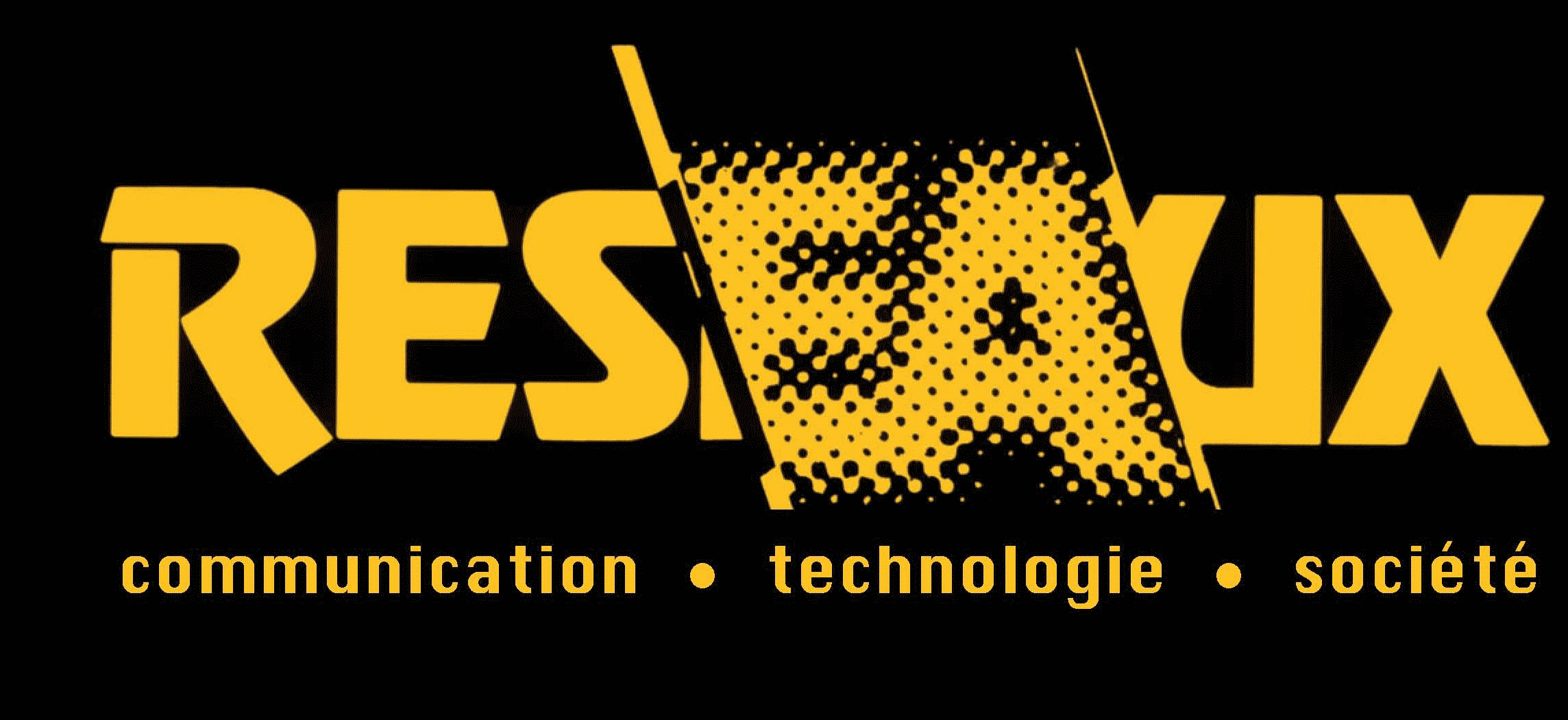Forms of Presence and the Sharing of Experience
This paper stems from questions regarding the character of the “quantified self” (i.e. a person with an aura of constantly produced, updated and available data regarding their own activities) as a certain type of individual, resulting from a distinctive process of individuation. It proposes to return to Rousseau who, in Confessions, lays the foundations for the modern subject. By re-analyzing Rousseau’s seminal text from this perspective,the paper shows how it identifies two modes of articulation between the experience of being-together and what can be said about it: the model of the conversation, with its production of witticisms and their circulation in what already constitutes a public space, and on the other hand the radically intimate experience of interaction and its reporting in an autobiographic mode which characterizes the modern self. Rousseau also shows how these two different modes enact different individuation processes, producing either the dazzling, superficial, gentlemanly conversationalist, or the modern individual with an inward focus. By adapting Rousseau’s way of thinking to the “quantified self”, the paper shows that we must consider it as a different type of acting and thinking individual, emerging from a different type of individuation process.This has consequences for the positioning of the social sciences in a digital future.
